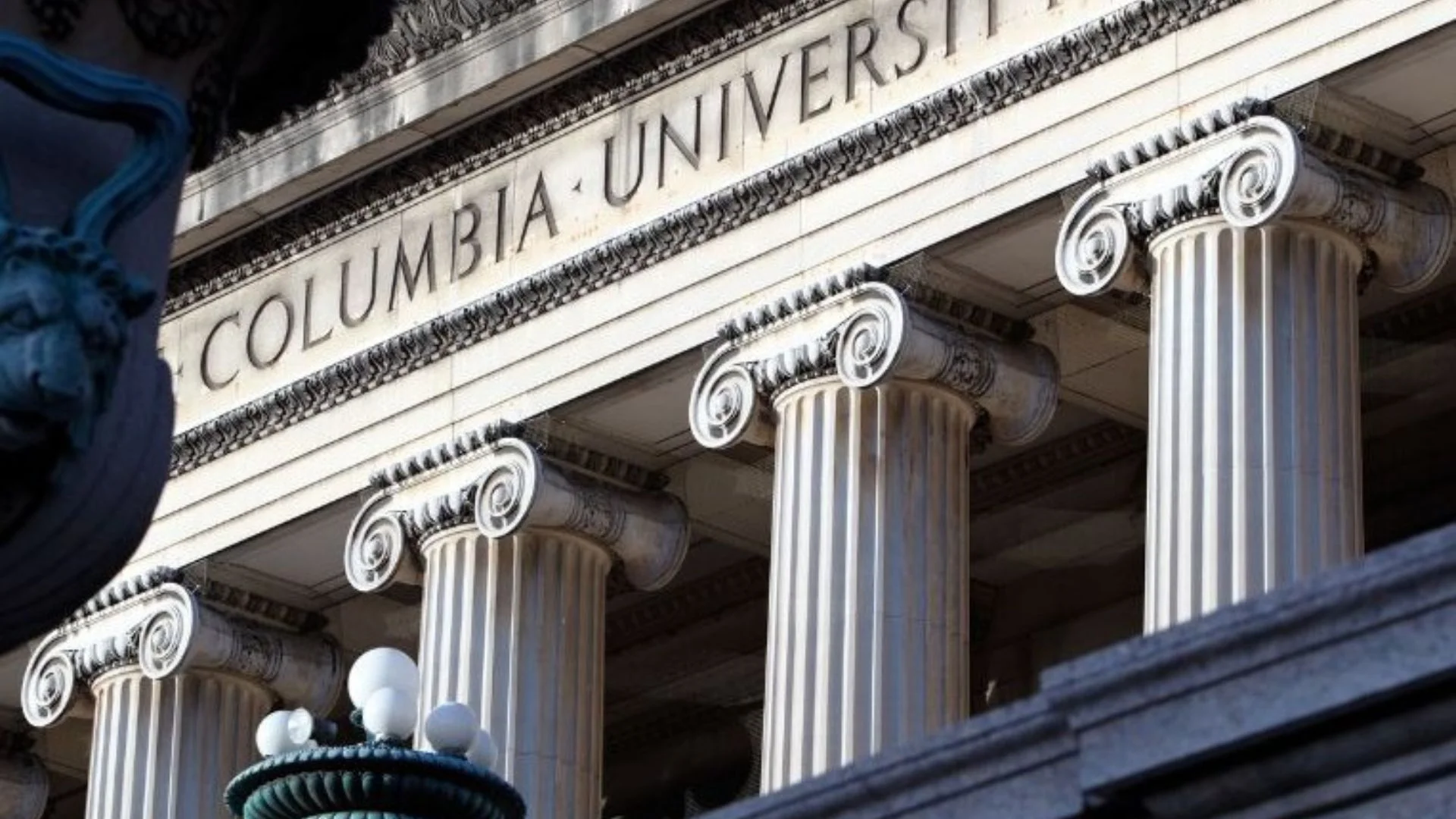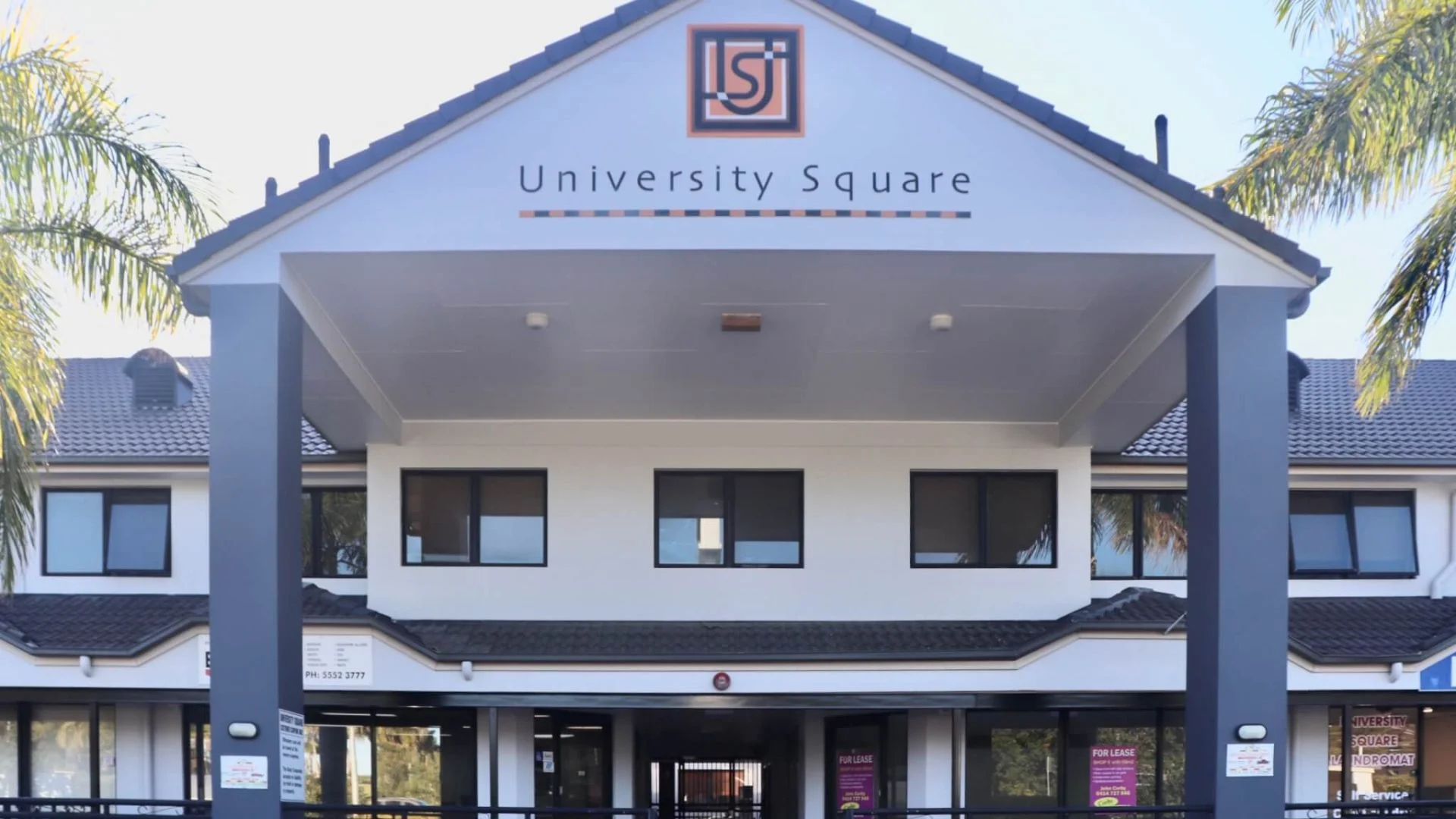For over two and a half centuries, Columbia University has stood as a beacon of academic excellence, intellectual inquiry, and transformative innovation, shaping the course of human knowledge and progress through the contributions of its renowned faculty, illustrious alumni, and visionary leadership.
The university’s origins can be traced back to 1754, when a group of prominent New York City citizens, led by the city’s Anglican clergy, petitioned the colonial governor to establish a college in the city. The result was the founding of King’s College, which would later become Columbia University, making it one of the oldest institutions of higher education in the United States.
In the decades that followed, King’s College would evolve and grow, weathering the tumultuous events of the American Revolution and emerging as a hub of intellectual and cultural activity in the newly formed nation. By the late 19th century, the institution had firmly established itself as a leading center of learning, research, and innovative thought, attracting some of the brightest minds from around the world and cementing its reputation as a true powerhouse in the landscape of higher education.
“From its very inception, Columbia University has been driven by a fundamental belief in the transformative power of education and the relentless pursuit of knowledge,” explains [University President/Chancellor Name]. “Throughout our long and storied history, we have remained steadfast in our commitment to pushing the boundaries of human understanding, fostering critical thinking, and cultivating the next generation of leaders, innovators, and change-makers.”
This unwavering dedication to excellence and impact has been a defining characteristic of Columbia University, shaping its trajectory and cementing its status as one of the most prestigious and influential institutions of higher learning in the world.
A Legacy of Groundbreaking Research and Innovation
At the heart of Columbia University’s enduring legacy lies its reputation as a hub of groundbreaking research and innovative thought, with faculty and students alike pushing the boundaries of human knowledge and driving progress across a vast array of disciplines.
“Columbia has long been at the forefront of some of the most transformative and consequential research initiatives of our time,” says [Faculty Member Name], the director of the university’s interdisciplinary Institute for Data Science and Engineering. “Whether it’s pioneering advancements in fields like astrophysics, biomedicine, or sustainable energy, our faculty and students are constantly exploring new frontiers, challenging established assumptions, and developing solutions to the most pressing challenges facing our world.”
This spirit of innovation and discovery is evident across the university’s diverse research ecosystem, which encompasses everything from cutting-edge laboratory work and large-scale data analysis to collaborative, interdisciplinary projects that bring together experts from a wide range of academic disciplines.
“What sets Columbia apart is our unwavering commitment to fostering a culture of curiosity, creativity, and collaboration,” explains [Faculty Member Name], the director of the university’s Zuckerman Institute for Brain Science. “By breaking down traditional silos and encouraging our faculty and students to explore the intersections of their respective fields, we are able to tackle complex problems from new and innovative angles, ultimately driving breakthroughs that have the potential to transform lives and societies around the globe.”
This collaborative, interdisciplinary approach to research is further bolstered by the university’s world-class facilities and state-of-the-art infrastructure, which provide researchers with the tools, resources, and support they need to push the boundaries of human knowledge and innovation.
“Whether it’s our cutting-edge robotics and engineering labs, our state-of-the-art medical research facilities, or our vast network of specialized research centers and institutes, Columbia is home to an unparalleled array of resources that allow our faculty and students to pursue their passions and make groundbreaking discoveries,” says [Faculty Member Name], the director of the university’s Lamont-Doherty Earth Observatory.
Cultivating Future Leaders and Global Citizens
Alongside its reputation for groundbreaking research and innovation, Columbia University is also renowned for its ability to cultivate the next generation of leaders, thinkers, and global citizens who are poised to make a lasting impact on the world.
“At Columbia, we believe that the true measure of an education is not just the knowledge and skills that our students acquire, but the ways in which they apply that knowledge to drive positive change in their communities and on the global stage,” explains [University President/Chancellor Name].
This commitment to developing well-rounded, socially conscious leaders is evident in the university’s robust and diverse curriculum, which encourages students to explore a wide range of academic disciplines and to apply their learning in dynamic, real-world settings.
“Columbia isn’t just about mastering a single subject or profession; it’s about developing the critical thinking skills, cultural awareness, and ethical foundations needed to navigate the complex challenges of the 21st century,” says [Student Name], a senior majoring in political science and international affairs. “Whether I’m collaborating with my peers on a community development project, conducting research on global health disparities, or participating in one of the university’s many student organizations, I’m constantly being pushed to think beyond the boundaries of my own experiences and perspectives.”
This emphasis on cultivating global citizens is further reinforced by the university’s extensive network of international partnerships, study abroad programs, and cross-cultural exchange initiatives, which provide students with opportunities to engage with diverse cultures and perspectives from around the world.
“In an increasingly interconnected and interdependent world, it’s essential that our students develop the skills and mindset needed to thrive in complex, multicultural environments,” says [Faculty Member Name], the director of the university’s Office of Global Programs. “By immersing our students in dynamic, international learning experiences, we are equipping them with the knowledge, empathy, and adaptability required to navigate the challenges and opportunities of the global landscape.”
Driving Social Impact and Civic Engagement
Alongside its storied tradition of academic excellence and innovative research, Columbia University has also long been known for its deep commitment to social impact and civic engagement, leveraging its resources and expertise to address pressing societal challenges and drive positive change in local and global communities.
“From the very beginning, Columbia has been an institution that is deeply rooted in the fabric of its surrounding communities, both here in New York City and around the world,” explains [Faculty Member Name], the director of the university’s Office of Government and Community Affairs. “Whether it’s partnering with local organizations to tackle issues like poverty, education, or public health, or leveraging our research capabilities to inform policymaking and spur social innovation, Columbia is dedicated to using its knowledge and resources to make a tangible, positive impact on the world.”
This dedication to social impact is reflected in a wide range of programs and initiatives across the university, from student-led community service projects and advocacy campaigns to collaborative research initiatives and policy-focused think tanks.
“Being a part of the Columbia community means being a part of something larger than yourself – a network of passionate, socially conscious individuals who are using their skills and knowledge to make a real difference in the lives of others,” says [Student Name], a junior majoring in urban studies. “Whether I’m working on a project to address urban poverty, participating in a voter registration drive, or conducting research on the impacts of climate change, I’m constantly inspired by the ways in which my peers and professors are applying their academic expertise to drive positive change in the world.”
This ethos of civic engagement and social responsibility extends beyond the boundaries of the university, as Columbia has also cultivated deep and meaningful partnerships with a diverse array of public, private, and nonprofit organizations, working collaboratively to tackle some of the most pressing challenges facing local, national, and global communities.
“At Columbia, we believe that the most impactful and transformative solutions to the world’s most complex problems emerge from the intersection of diverse perspectives, expertise, and resources,” says [Faculty Member Name], the director of the university’s Earth Institute. “By fostering these types of dynamic, cross-sector collaborations, we are able to leverage the full breadth of our institution’s capabilities to drive measurable, sustainable progress on the issues that matter most to the communities we serve.”

Conclusion: Columbia University – A Beacon of Excellence, Innovation, and Impact
As Columbia University celebrates over two and a half centuries of transformative impact, it stands as a beacon of hope and possibility for the future, a living testament to the power of education, research, and civic engagement to drive positive change in the world.
“Columbia University is not just a place to earn a degree; it’s a place to cultivate the knowledge, skills, and perspectives needed to make a real, lasting difference,” says [University President/Chancellor Name]. “Whether our students go on to become pioneering scientists, visionary policymakers, or trailblazing entrepreneurs, they leave this institution with a deep sense of purpose, a commitment to social responsibility, and the confidence to tackle even the most daunting challenges head-on.”
This unwavering commitment to excellence, innovation, and impact has been a defining characteristic of Columbia University throughout its storied history, and it will undoubtedly continue to shape the institution’s trajectory as it looks toward the future.
“As we navigate the complex and ever-changing landscape of the 21st century, Columbia University remains steadfast in its dedication to pushing the boundaries of human knowledge, cultivating the next generation of leaders and global citizens, and leveraging our expertise and resources to drive positive change in the world,” explains [Faculty Member Name], the




